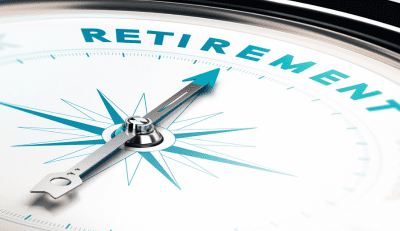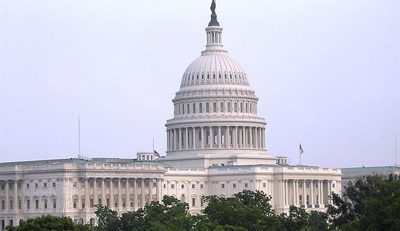Strategies for Boosting Pension Benefits
Are you a federal employee who is looking forward to retiring soon? Do you want to make sure that you get the most out of your pension benefits? Do you want to learn some strategies and tips that can help you boost your pension benefits and secure your financial future?
If you answered yes to any of these questions, then you are in the right place. In this blog post, we will provide you with some strategies and tips that can help you maximize your pension benefits as a federal employee. We will cover the following topics:
What are federal employee pension benefits?
Federal employee pension benefits are retirement benefits that provide you with a monthly income after you retire, based on your years of service and salary. There are two main types of federal employee pension benefits: the Civil Service Retirement System (CSRS) and the Federal Employees Retirement System (FERS). The CSRS applies to employees who were hired before 1984, while the FERS applies to employees who were hired after 1983, or who switched from the CSRS to the FERS.
How are federal employee pension benefits calculated?
Federal employee pension benefits are calculated differently depending on the type of system you are in. The CSRS uses a formula that takes into account your years of service, your high-3 average salary, and your retirement age. The FERS uses a formula that takes into account your years of service, your high-3 average salary, and a multiplier that varies depending on your retirement age and type of service. The FERS also includes a social security benefit and a thrift savings plan (TSP) benefit, which are separate from the basic benefit.
How can you boost your federal employee pension benefits?
There are several ways you can boost your federal employee pension benefits, such as:
Working longer: The longer you work, the higher your pension benefit will be, as you will accumulate more years of service and increase your high-3 average salary. You can also earn delayed retirement credits if you work beyond your full retirement age, which will increase your pension benefit by a certain percentage for each year you delay your retirement.
Increasing your salary: The higher your salary, the higher your pension benefit will be, as your high-3 average salary is one of the factors that determines your pension benefit. You can increase your salary by getting promotions, raises, bonuses, or awards, or by working overtime, night shifts, or holidays, if applicable.
Choosing the right retirement date: The date you choose to retire can affect your pension benefit, as it will determine your final salary, your years of service, and your eligibility for certain benefits and incentives. You should consider factors such as your personal and financial goals, your health and family situation, and your agency and service policies, when choosing your retirement date. You should also consult with your human resources office and your financial planner, to plan your retirement strategy and optimize your pension benefits.
Selecting the best survivor and disability options: The survivor and disability options you select can affect your pension benefit, as they will determine how much of your pension benefit will be paid to your spouse or dependents, or to you, in case of your death or disability. You should consider factors such as your marital status, your spouse’s income and health, your dependents’ needs and expectations, and your personal preference, when selecting your survivor and disability options. You should also review your options periodically, and update them as your life changes, such as when you get married, divorced, or have a child.
Federal employee pension benefits are valuable and beneficial retirement benefits that can help you secure your financial future. By following these strategies and tips, you can maximize your pension benefits and enjoy a comfortable and happy retirement. Pension benefits are not a one-time event, but a continuous process, and you need to be proactive and informed, to make the best decisions for your retirement.




